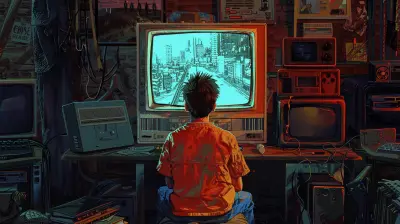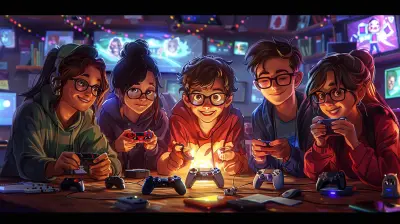The Power of Silence: How Horror Games Use Quiet Moments to Terrify
22 April 2025
If you've ever played a horror game, you know the heart-pounding anticipation that creeps up during those eerily quiet moments—when the world feels so still you can practically hear your own heartbeat. Silence in horror games isn’t just the absence of sound; it’s a powerful tool that developers wield to mess with our minds. They use it to build suspense, toy with our expectations, and make the eventual scares hit even harder. But how does something so simple work so effectively? Let’s dive into the chilling world of horror games and unpack the genius behind the power of silence.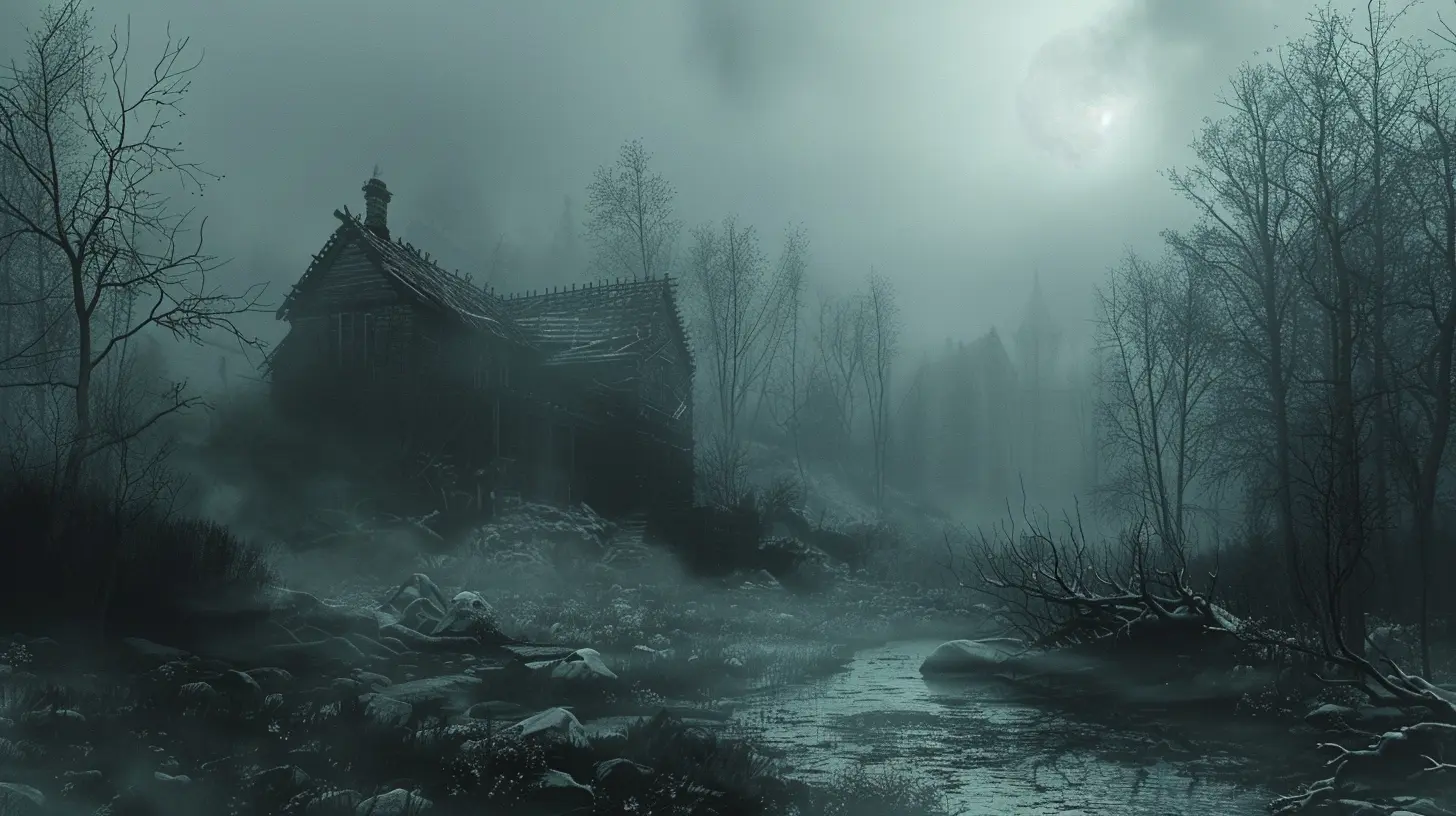
Why Silence Is Scarier Than Noise
Think back to a time when you were home alone at night. Ever notice how the silence seemed to amplify every creak, groan, or distant thud? Your mind starts playing tricks on you, right? That’s exactly what horror games are tapping into. Silence forces your imagination to fill in the blanks, and let’s be real—our brains tend to come up with things way scarier than what’s actually there.In horror games, silence creates a vacuum. When there’s no comforting background music or ambient noise, players are left hyper-aware of the environment. Every flickering shadow, subtle movement, or faint sound stands out, building a constant sense of unease. It’s not just about what you hear (or don’t hear)—it’s about what you feel. 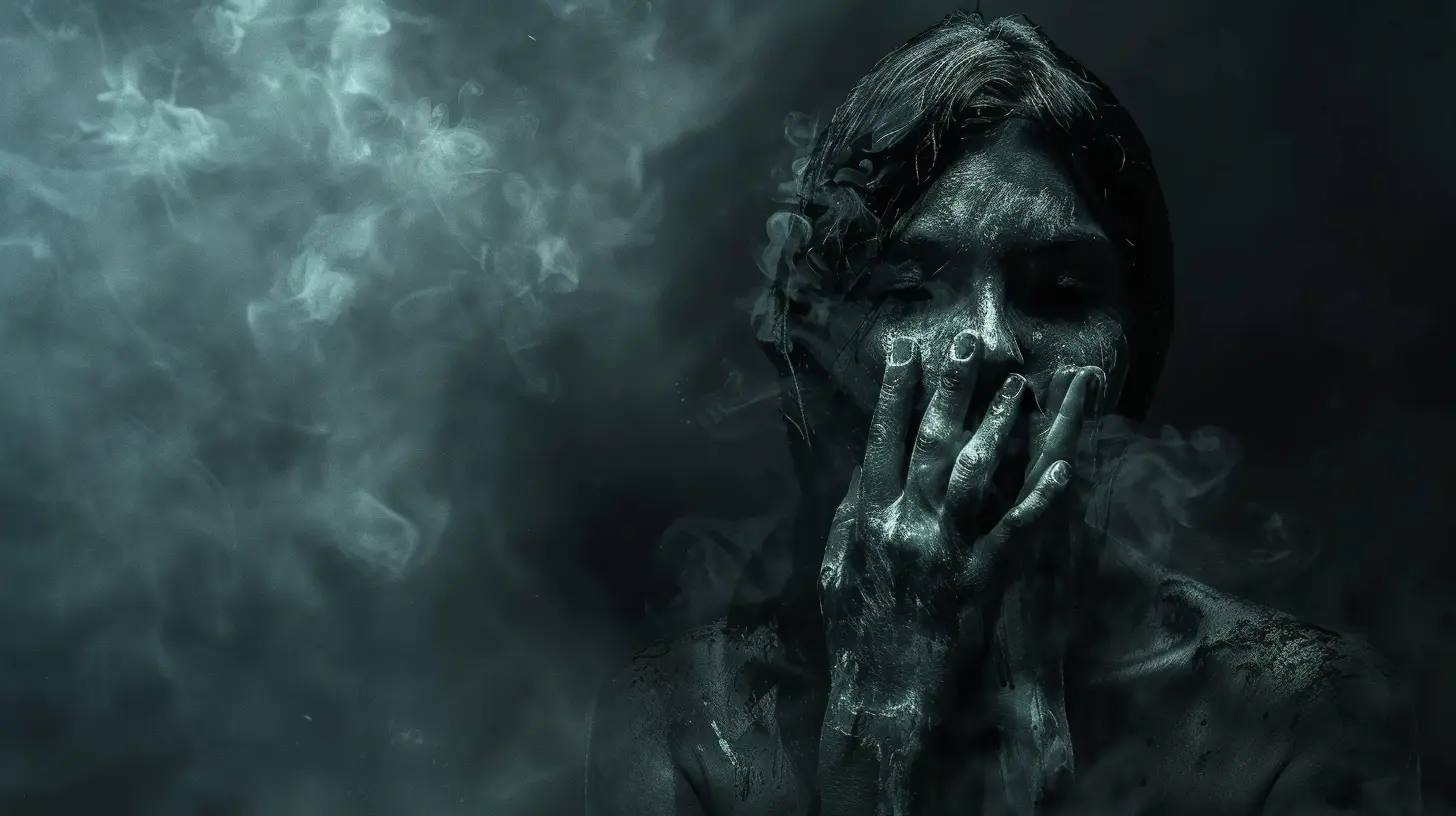
Setting the Stage: Atmosphere and Immersion
Good horror games thrive on immersing players into their dark, twisted worlds. And silence plays a massive role in that. It creates a sense of isolation, making you feel like you're truly alone in whatever haunted mansion, desolate forest, or abandoned asylum you’re navigating.Take Silent Hill, for example—arguably one of the most iconic horror franchises. Sure, it’s known for its unnerving sound design and eerie music, but do you remember those moments where everything just... stops? No growling monsters, no music, just the faint sound of your character’s footsteps on cracked pavement. It’s like the game is holding its breath, waiting for the perfect moment to lunge at you.
And it’s not just Silent Hill. Games like Amnesia: The Dark Descent masterfully use silence to sink you into the world. The stillness of a forgotten dungeon or the unsettling quiet of a dusty study makes your imagination run wild. You start questioning every decision—should I open that door? Should I even be here?! 
The Calm Before the Storm
One of the most effective ways horror games use silence is by making it the calm before the storm. Picture this: you're cautiously walking down a dimly lit hallway. There's no music, no sound, just your soft, hesitant footsteps. And then—BAM! Something lunges at you, shattering the silence and sending your heart racing.This tactic works because our brains are wired to anticipate patterns. When we notice an unusual lack of noise, it sets off alarm bells. We might not consciously realize it, but we’re bracing ourselves for something to happen. And when that something does finally happen, it hits like a freight train.
Take Resident Evil 7, for instance. There are times when you're exploring the Baker family's creaky, mold-infested home, and it’s eerily quiet. That silence makes every slammed door, broken plate, or surprise attack feel so much more impactful. It’s like the game lures you into a false sense of security, only to rip the rug out from under you. 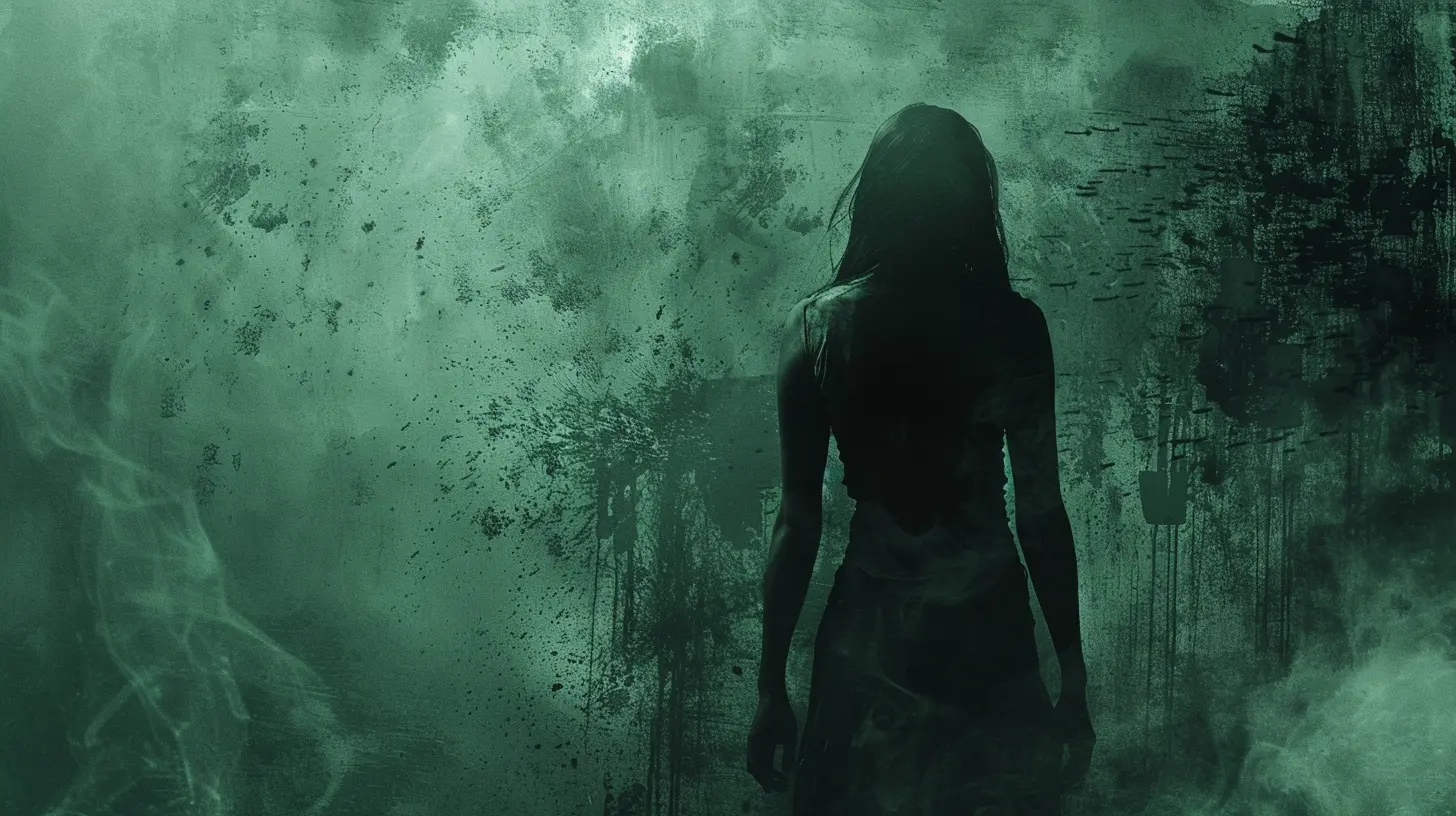
Psychological Manipulation: Messing with Your Head
Silence isn’t always designed to signal a scare. Sometimes, it’s there to stretch out the tension, making players second-guess themselves. You know that feeling when you walk into a room in a horror game and it’s deathly quiet? No monsters, no obvious danger—just an overwhelming feeling that something isn’t right.This is where games like Outlast really shine. Wandering through the dark corridors of Mount Massive Asylum, you’ll experience moments of crushing silence. It’s not just a break from the chaos; it’s a tool to keep you on edge. Are you safe, or is there something lurking just around the corner?
What’s worse is when nothing happens. The silence builds and builds, convincing you that a scare is imminent, and then... nothing. That’s the beauty of psychological manipulation. By keeping you guessing, the game ensures you’re never comfortable—constantly looking over your character’s shoulder, even when there’s no immediate threat.
Pacing the Horror: Silence as a Breather
Here’s the thing: nonstop scares get exhausting. If a horror game were to throw jump scares at you every five seconds, it’d lose its impact fast. Just like in a movie, pacing is everything. Silence gives players a moment to breathe, regroup, and (foolishly) let their guard down.Think of it like a rollercoaster. The slow, quiet climb to the top—where all you hear is the faint clinking of the wheels—is just as thrilling as the plunging drop. Games like The Last of Us Part II balance intense, heart-pounding moments with stretches of quiet exploration. The silence lulls you into a sense of normalcy, only to shatter it the moment you start to relax.
Sound and Silence: A Perfect Partnership
Of course, silence alone isn’t enough to carry a horror game. It works best when paired with carefully crafted sound design. Developers know how to use silence to frame even the smallest noises, turning them into weapons of fear.For example, in Dead Space, the eerie silence of space is punctuated by metallic clanging, distant whispers, or the sound of something skittering just out of sight. That interplay between sound and silence keeps your nerves on edge.
And let’s not forget about the power of contrast. A sudden loud noise after a long stretch of silence feels ten times scarier because your body has adjusted to the quiet. Games use this contrast to deliver sound-based jump scares designed to make you leap out of your chair.
Conclusion: Why Silence Works
At its core, silence works in horror games because it plays on our primal fears. It’s the fear of the unknown, the anticipation of danger, and the unsettling loneliness that silence brings. It’s the moments when nothing happens that feel the scariest because we’ve been conditioned to expect the worst.So, the next time you find yourself creeping through a horror game and things go terrifyingly quiet, take a moment to appreciate the genius behind it. That silence isn’t just filler—it’s the game whispering, "Something’s coming." And trust me, it usually is.
all images in this post were generated using AI tools
Category:
Horror GamesAuthor:

Greyson McVeigh
Discussion
rate this article
4 comments
Shelby Sullivan
This article really piqued my interest! It’s fascinating how silence can amplify fear in horror games. I wonder if specific sound design techniques enhance these quiet moments or if it’s purely psychological. What are some standout examples where silence truly changed the gaming experience? Would love to hear more!
April 30, 2025 at 4:03 PM

Greyson McVeigh
Thank you for your comment! Silence in horror games can indeed amplify tension, and sound design plays a crucial role. Games like "Silent Hill" and "Amnesia: The Dark Descent" masterfully use quiet moments to heighten fear, allowing players' imaginations to fill in the gaps. I'm glad you're intrigued!
Alice Campbell
Silence amplifies tension and fear, transforming every heartbeat into a thrilling experience. Embrace the quiet; it’s where true horror unfolds!
April 29, 2025 at 2:47 PM

Greyson McVeigh
Thank you! You captured the essence of silence in horror beautifully. Embracing quiet moments truly heightens the experience!
Joel Ramirez
Silence in horror games amplifies tension, drawing players into a deeper psychological engagement. By stripping away ambient noise, developers create an unsettling atmosphere, allowing players' imaginations to run wild and transforming every subtle sound into a source of dread.
April 27, 2025 at 4:04 PM

Greyson McVeigh
Absolutely! Silence in horror games masterfully heightens tension, allowing players' imaginations to fill the void and amplifying every small sound into a chilling experience.
Jaxon McDaniel
Silence in horror games is a masterstroke, amplifying tension and igniting our imaginations. These quiet moments draw us in, reminding us that sometimes, what we don’t hear is just as powerful as what we do. Embrace the fear—it’s part of the thrill!
April 24, 2025 at 4:29 AM

Greyson McVeigh
Absolutely! Silence heightens suspense and lets players' imaginations run wild, making those eerie moments even more impactful. Embracing the unknown is what truly terrifies us. Thank you for your insight!
